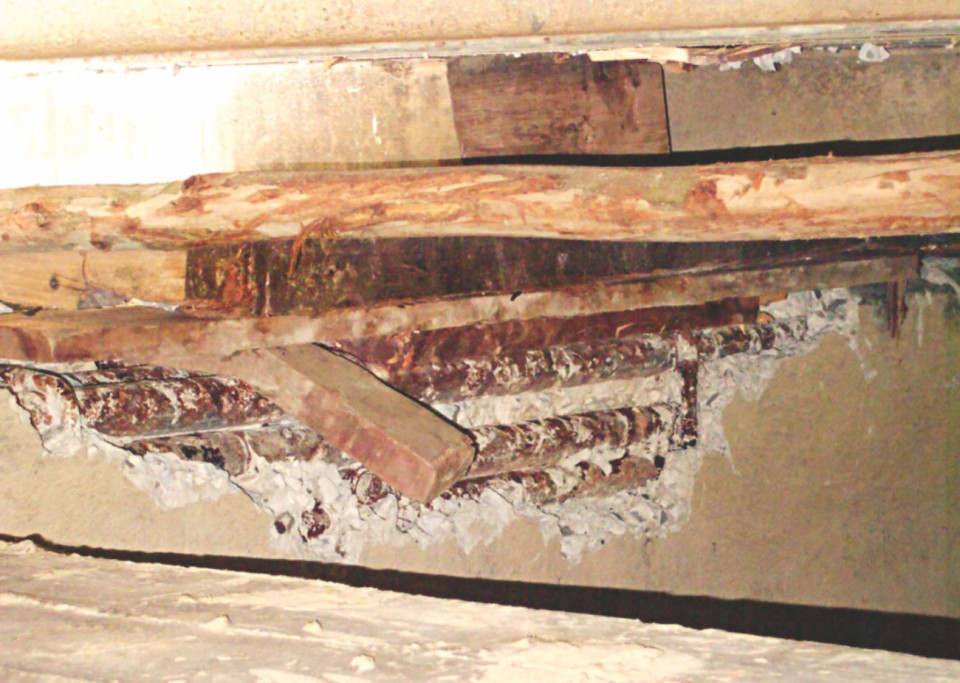An aging bridge on one of the busiest and most important national roads, the 151-kilometre highway from Chittagong to Cox’s Bazar, is increasingly a serious threat to road users.
The fitness of the Matamuhuri Bridge, constructed in 1964 to span the river of the same name in Cox’s Bazar’s Chakoria upazila has been of concern for the past four years, when the large moulded section of the bridge first began to subside. The Roads and Highways Department (RHD) repaired the bridge using sandbags in order to keep the vital transport corridor functional and open for vehicular movement.
But two weeks ago the middle portion of the bridge sagged further. Iron platforms were then set up on the sagged portion as a quick fix; but the platform is now higher than the original level of the bridge, which caused a tourist coach to skid off the bridge, breaking the railing and plunging into the river below. Twenty people were killed in the accident.
After the accident, the RHD repaired the broken railing and the bridge’s sagging portion once more and reopened the bridge to traffic. Sandbags have been added to strengthen the girders, with brick walls built around the sandbags to hold them in place. But recent bad weather has again worsened the bridge’s condition.

“Heavy rain over the last several days has caused the middle portion of the bridge to start sagging again,” says Chakoria’s assistant engineer of the roads division Abu Ehsan Mohammad Azizul Mostafa. “The road is kept under round-the-clock surveillance at the moment, and signs have been put up on both approaches warning vehicles carrying more than ten tonnes of cargo not to use to use the bridge.”
“Accidents often occur on this bridge,” says Chakoria upazila’s former chairman Rezaul Karim, “It has been in a risky state for the past four years. Many development projects are being implemented in Cox’s Bazar; as a part of that development a new bridge over the Matamuhuri river is urgently required.
Cox’s Bazar RHD Executive Engineer Rana Priyo Barua believes the Matamuhuri Bridge is a risk to users. “Maximum effort has been made to keep the road open,” he says. “These types of bridges usually become risky some fifty years after their construction and the Matamuhuri Bridge was built fifty-seven years ago.”
“Preparation work for a replacement four-lane bridge over the Matamuhuri river has begun,” he continues, “with finance from the Japan International Cooperation Agency. The consultancy firm has visited the proposed site and a bridge design is being worked on. Construction may begin after two years.” In the interim, however, the risk to road users posed by the bridge looks set to remain.
Source: The Daily Star









